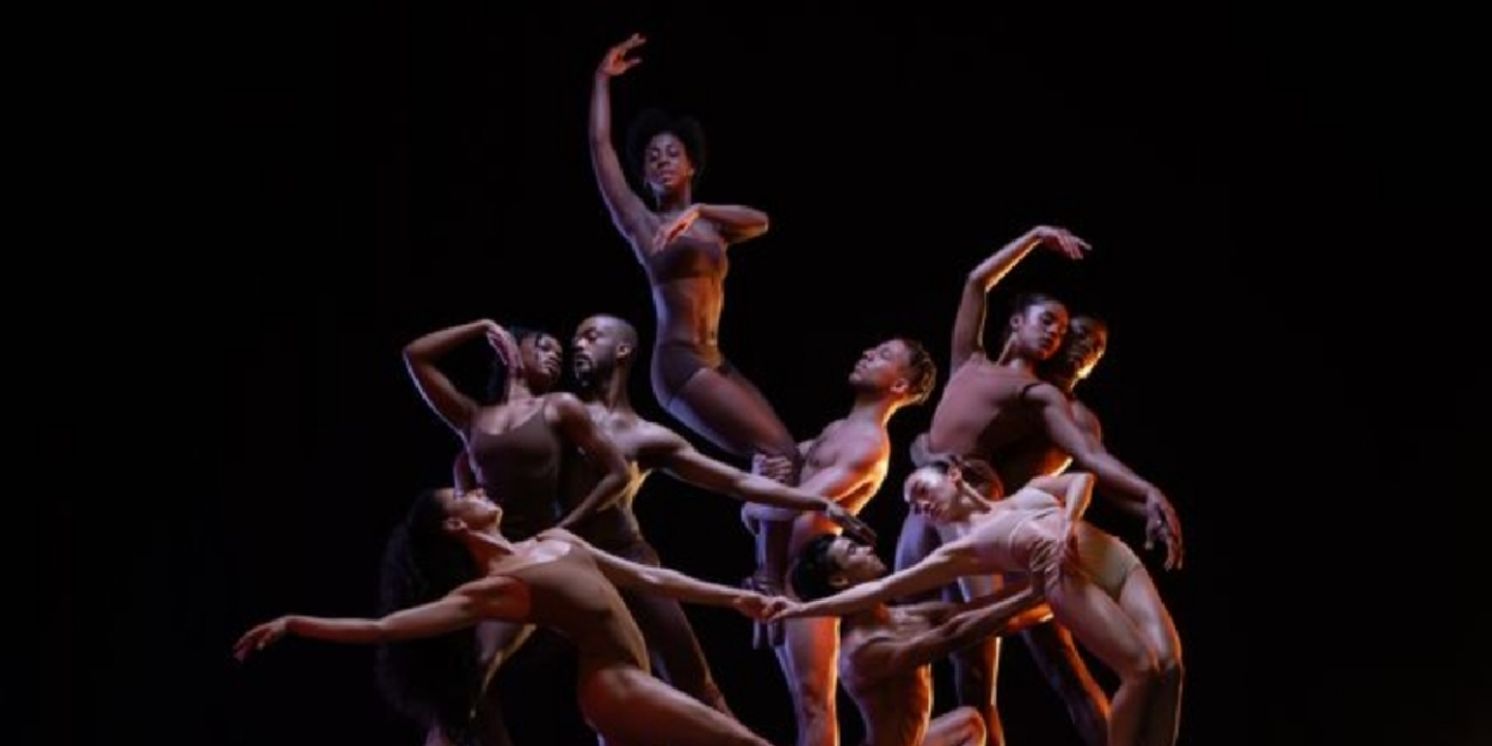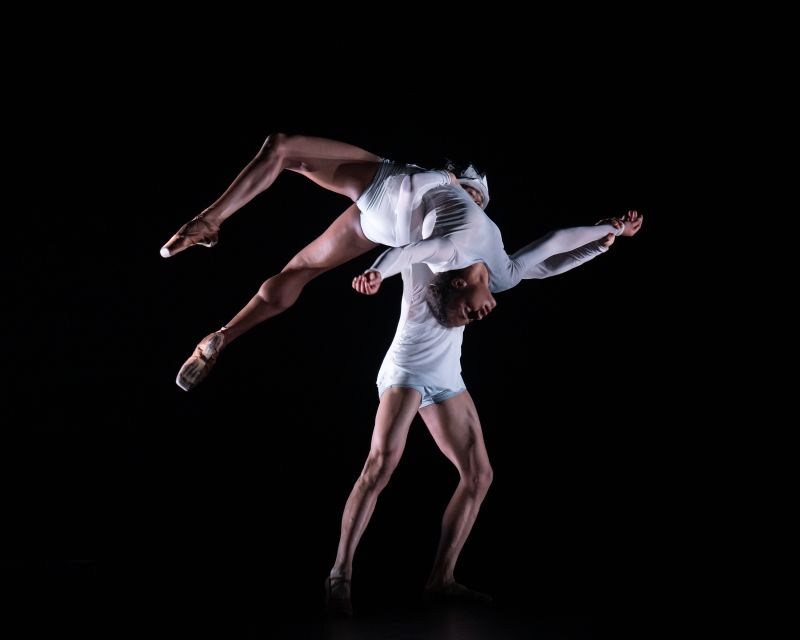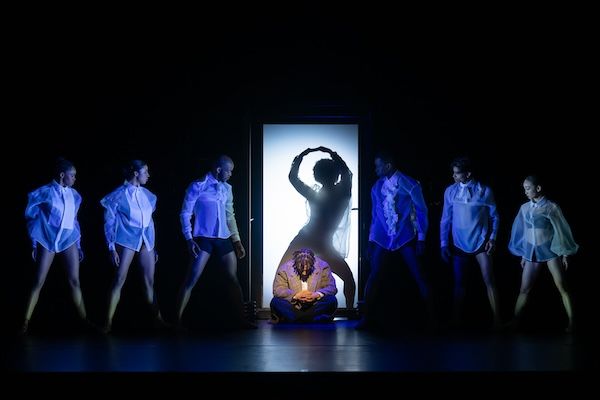Review: BALLET BLACK: HEROES, Royal Ballet And Opera
Experimental but misses the mark

![]() Ballet Black return to the Royal Ballet and Opera's Linbury Theatre with their current double bill Heroes. It's a quick night with around one hour of dance, but an unsuccessful one choreographically.
Ballet Black return to the Royal Ballet and Opera's Linbury Theatre with their current double bill Heroes. It's a quick night with around one hour of dance, but an unsuccessful one choreographically.
Before I go any further I'd like to praise the dancers for their commitment and physical bravery, and also the experimental agenda that Ballet Black has in relation to choreography. If we don't try we'll never know…however, neither of the works presented are a success.
If At First is a new work by Sophie Laplane (Choreographer-in-Residence at Scottish Ballet) looking at “humanity, heroism and self-acceptance” - which is all dandy in theory but not conveyed in any valuable way.

Photo Credit: ASH
The work's structure is bitty, further reinforced by harsh musical changes, to the point that it becomes difficult to properly engage with what's offered. Much modern work leans towards loose narrative, which is doable if there's other methods of connectivity; movement motifs, flowing score, structural development. But that isn't the case here. The work starts and continues without any real shape or identity taking form.
A memorable moment is a duo that sees some proper play on gender roles. For once the female actually partners, allowing for a sense of control and agency, which in turn enables the male dancer to explore more whimsical, submissive areas. This section really works, and does what many other choreographers think they're doing but actually aren't - so brava. Though it isn't nearly enough to change my mind about the work's overall confused status.
Post interval I'm afraid things don't improve with (Olivier award-winning) Mthuthuzeli November's The Waiting Game. The work supposedly looks at the “meaning of life” but the result is more hotchpotch existential crisis with some very random directions of creativity along the way.

The piece was originally created in 2020, and has since had numerous iterations which I think is where the problem lies; November has potentially lost the work's core, identifiable intention.
It's evident that the main, male protagonist is a lost soul, and the use of a doorway (on wheels) metaphor speaks in a literal way. But what doesn't communicate is the dance language to support the narrative journey.
November is also responsible for the music, which features his own voice and those of the other Ballet Black members. And towards the end of the work we have to sit through what feels like a self-help, therapy session between two characters who lip-synch to the soundtrack.
A positive moment is a scene where the doorframe's wheels come into play allowing for evocative movement, amplified by the group of dancers using snake-like, canon-informed whooshing around the space. It's choreography 101 but impactful regardless.
Elsewhere two big group sections feel overbearing. The first uses elements of bodily percussion which is interesting but soon lost in the relentless mass unison, the second follows on from the lip-synch session and takes place in sequined jackets. The story within a story framework is understandable, but the style of choreography less so. Why have we now gone into a big, sparkly jazz number? It's not unpleasant, but when something makes so little sense it feels pointless.
In closing I reiterate my first points: this is an evening of super dancing and admirable, choreographic experimentation. However the programme is a miss and one must ask why. Non-literal work is an option but needs more guidance. Pure dance is a wonder but needs to be just that. The programming of two works exploring themes in similar, misguided ways was always going to be a tricky feat to pull off.
Ballet Black: Heroes runs until at Royal Ballet and Opera until 10 November
Photo credit: ASH
Reader Reviews
Videos

